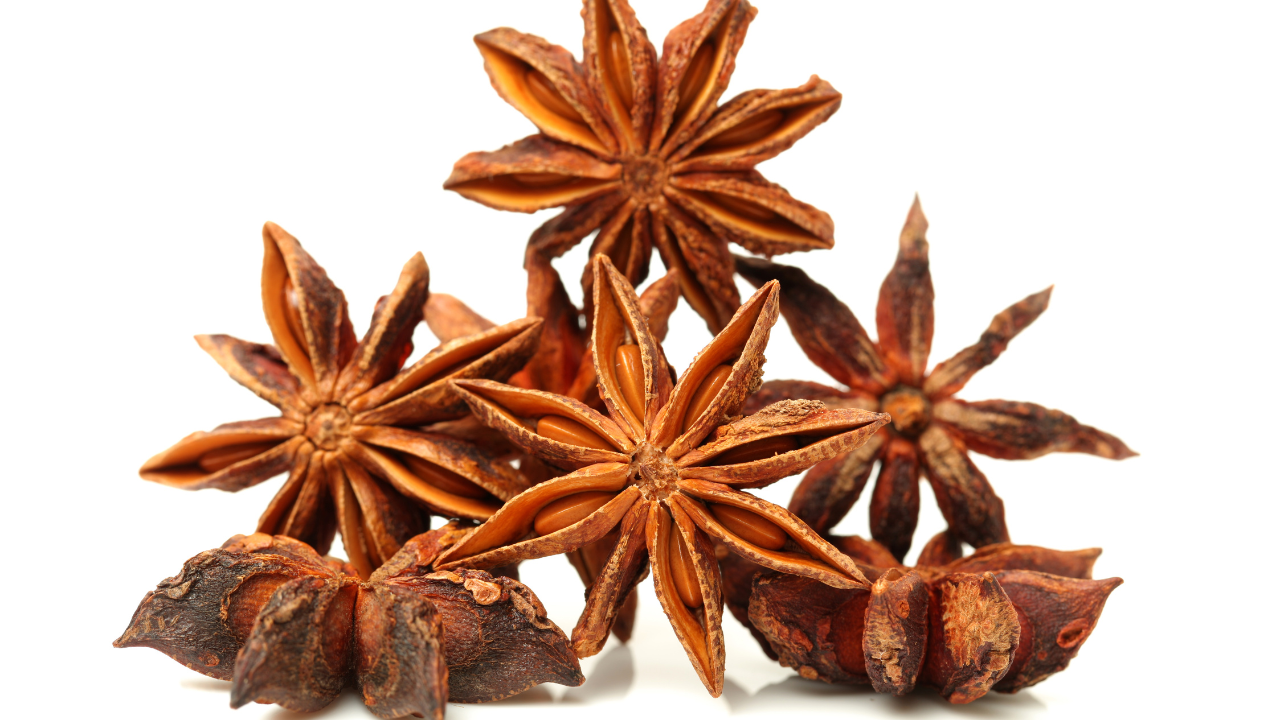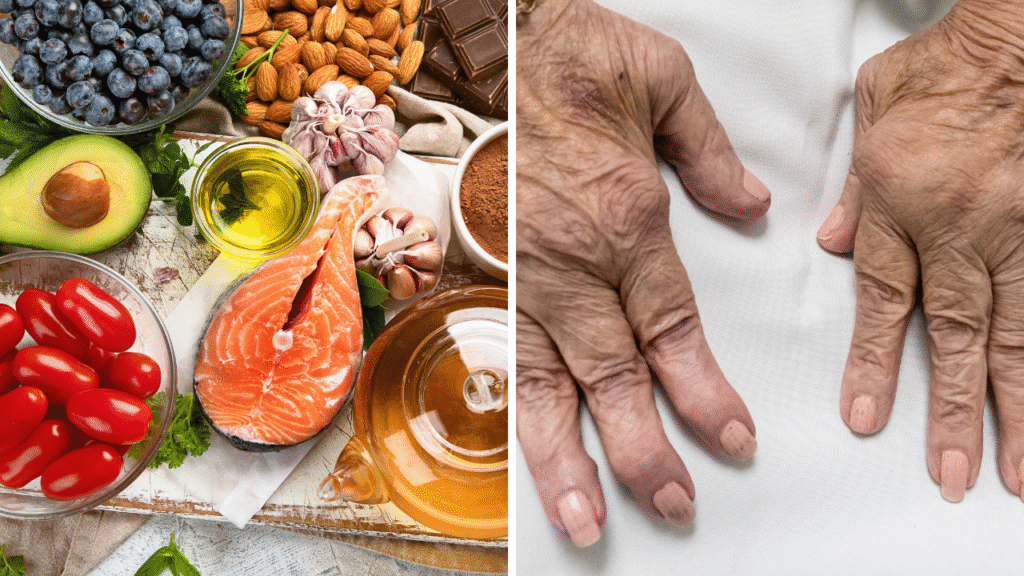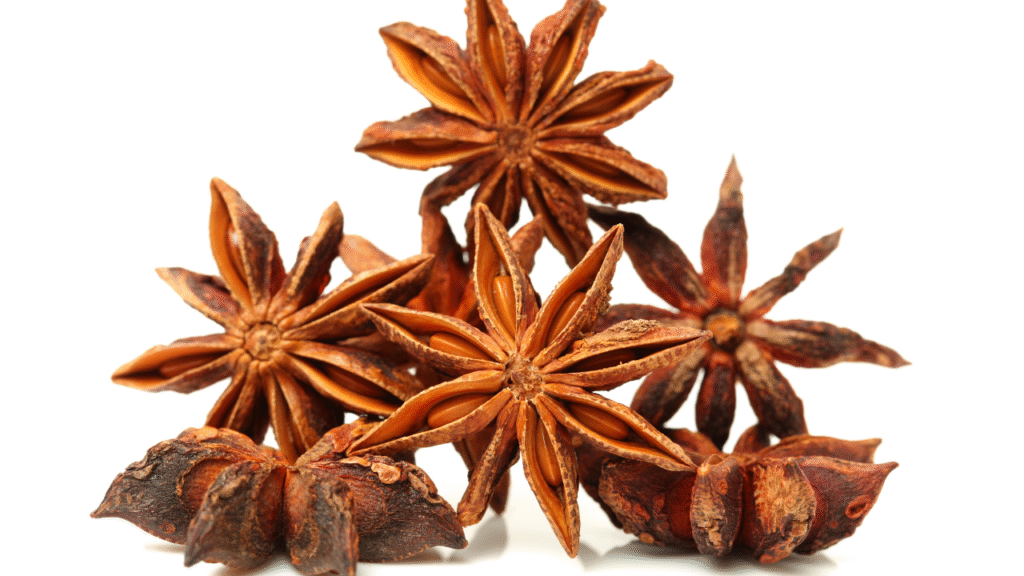Native to the Mediterranean, Pimpinella anisum—commonly known as anise or aniseed—has been cultivated for thousands of years, especially in Egypt. Today, it is grown worldwide and widely used as a spice, flavoring, and herbal remedy.
Flavor & Aroma
Anise seeds have a sweet, licorice-like flavor similar to fennel. Their strong aromatic qualities make them popular in baking, tinctures, teas, cordials, and liqueurs.
Botanical Family
Anise belongs to the same family as carrots, cumin, caraway, dill, fennel, and cilantro (Apiaceae). Interestingly, while many foods with a “licorice” flavor contain anise, they often do not contain any actual licorice root.
Culinary Uses
- Whole or ground seeds are used in baking, cooking, and beverages.
- Adds depth to French carrot dishes, Indian curries, Hispanic stews, and Scandinavian breads.
- Pairs well with bay leaf and cinnamon for balanced flavor.
- A key ingredient in traditional liqueurs such as ouzo, anisette, pastis, Pernod, aguardiente, arrak, and raki.
Benefits of Anise (Pimpinella anisum)
1. Diabetes
- Anise may help lower fasting blood sugar, cholesterol, and triglycerides.
- Study Evidence: A 2022 review found that taking 5 g of aniseed powder daily for 60 days showed improvements in people with type 2 diabetes.
- Limitations: Small study size; needs larger, high-quality trials.
2. Indigestion (Functional Dyspepsia)
- Potential Benefit: May reduce indigestion, upper abdominal pain, and discomfort.
- Study Evidence: Taking 3 g of anise powder, three times daily with food, for four weeks improved symptoms in participants with functional dyspepsia.
- Limitations: More large-scale studies required.
3. Irritable Bowel Syndrome (IBS)
- Potential Benefit: May ease digestive symptoms such as acid reflux, diarrhea, bloating, and abdominal pain.
- Study Evidence: Participants took 600 mg/day of anise oil in enteric-coated capsules (AnisEncap) for four weeks. Results showed fewer IBS symptoms, along with improvements in constipation, mood, and overall quality of life.
- Limitations: More robust clinical trials are needed.
4. Migraines
- Potential Benefit: May reduce frequency and duration of migraine attacks.
- Study Evidence: Applying aniseed oil cream to the forehead and temples daily for six weeks led to fewer and shorter migraine attacks.
- Limitations: No effect on migraine severity; small study size.
5. Nasal Allergies
- It may relieve signs and symptoms of nasal allergy more effectively than some conventional sprays.
- Study Evidence: A trial compared anise nasal drops (200 mcg anise extract in almond oil, each nostril every 12 hours for four weeks) to fluticasone nasal spray (Flonase). Anise showed greater symptom relief.
- Limitations: Very small trial; results must be confirmed in larger studies.
6. Premenstrual Syndrome (PMS)
- Potential Benefit: May reduce PMS symptoms.
- Study Evidence: 330 mg/day of alcohol extract of aniseed powder reduced PMS symptoms better than placebo.
- Limitations: Many studies mix anise with other herbs, making it hard to confirm its individual effects.
7. Hot Flashes (Menopause)
- Potential Benefit: It might help to decrease the severity and frequency of hot flashes.
- According to study evidence, participants who took 990 mg/day of alcohol extract of aniseed powder for four weeks and reported relief.
- Limitations: More research is needed to compare anise with standard hormone therapy.
Takeaway:
Anise shows promising potential in supporting digestion, blood sugar control, hormonal balance, and allergy relief. Still, nearly all findings come from small or preliminary trials. Larger, high-quality studies are needed to confirm the safety and effectiveness of this approach.
Precautions
- Currently, no major safety concerns are known.
- As with all herbal products, it’s best to consult a qualified healthcare practitioner before use, especially if you are pregnant, nursing, or taking medications.





